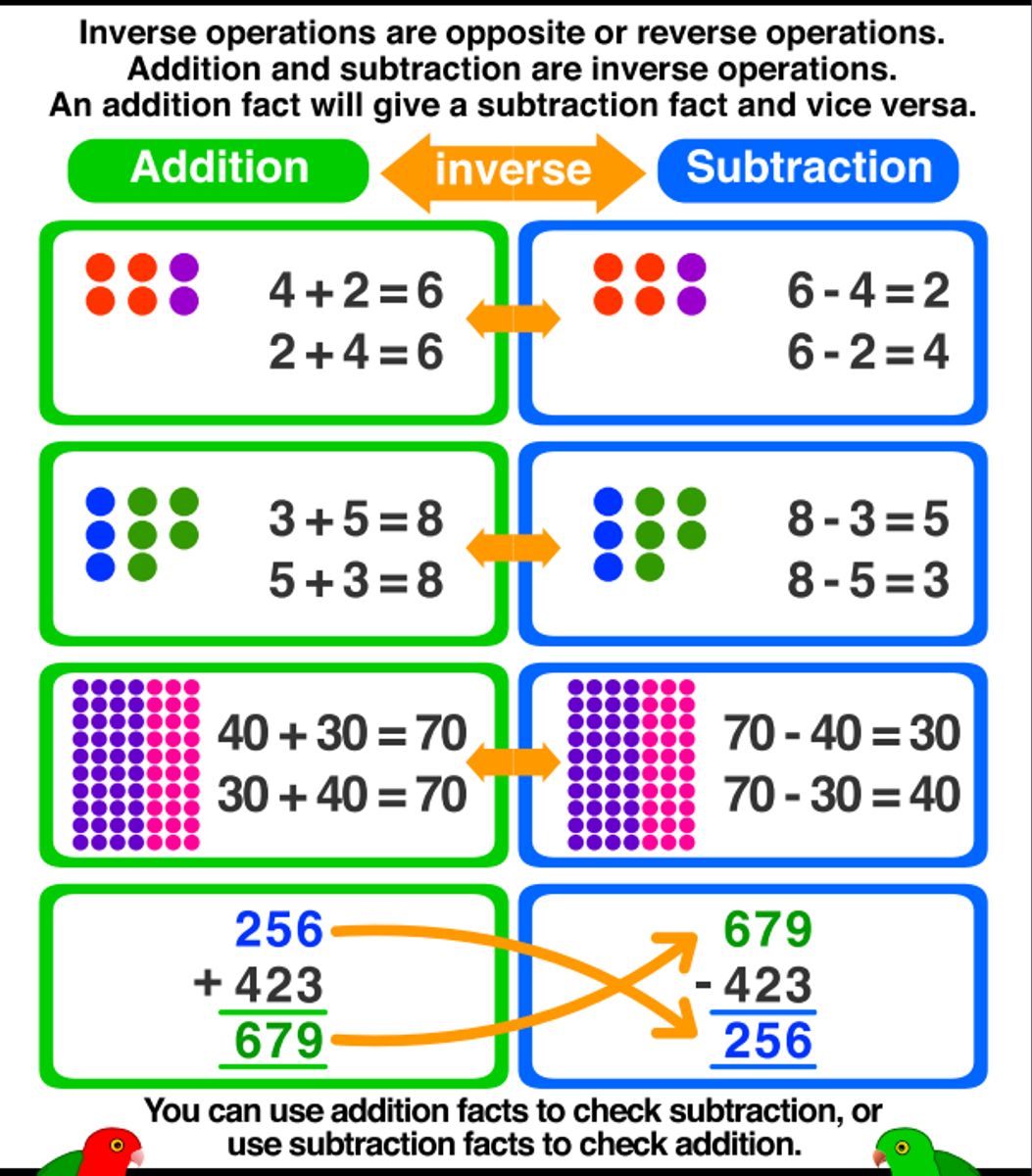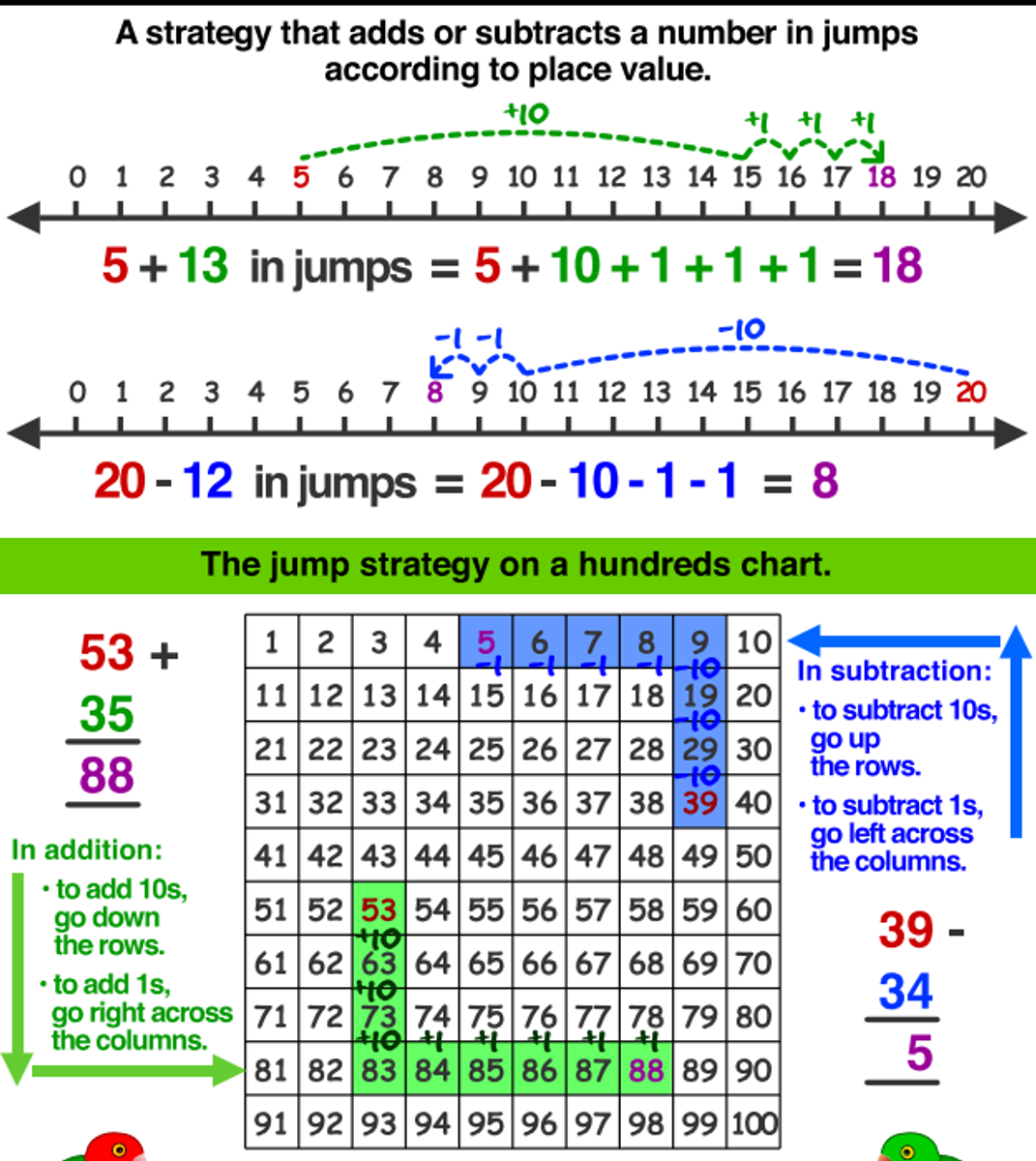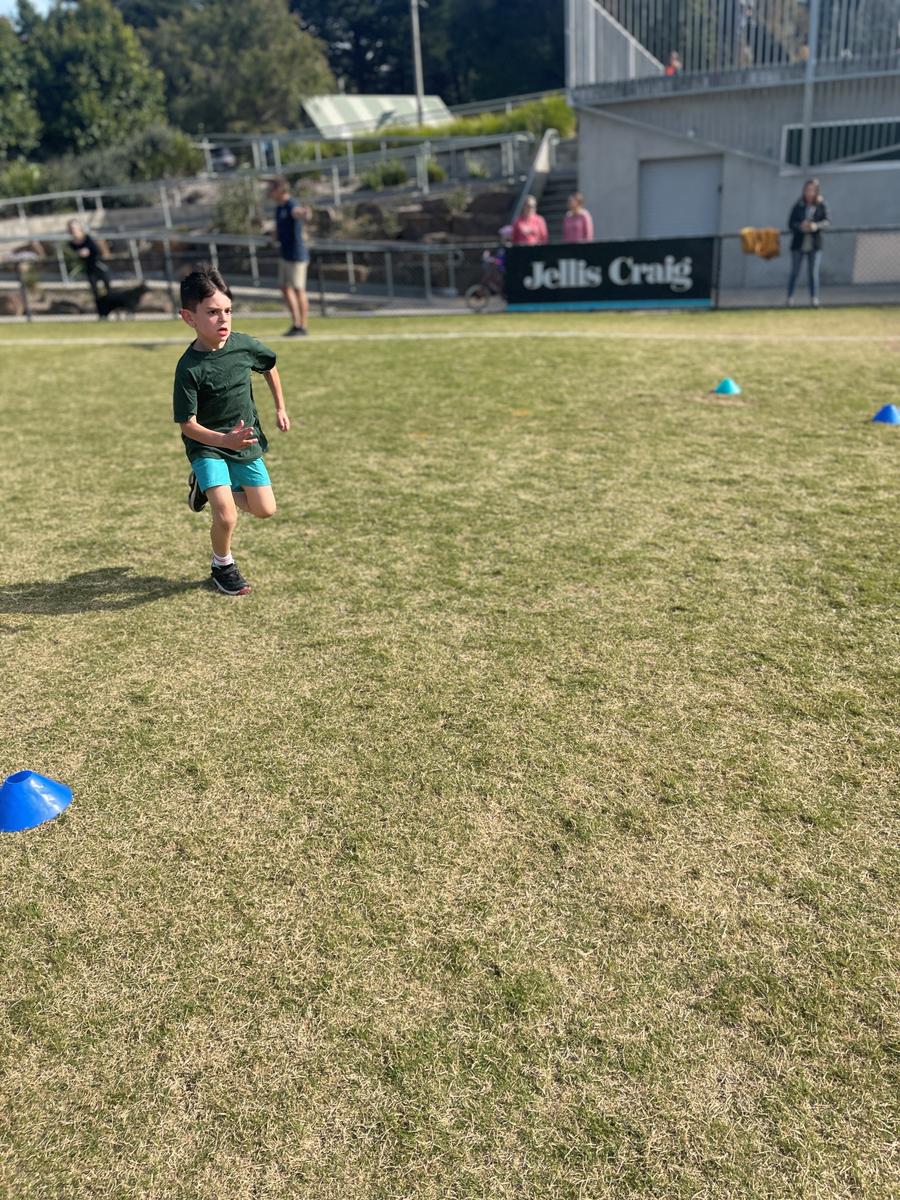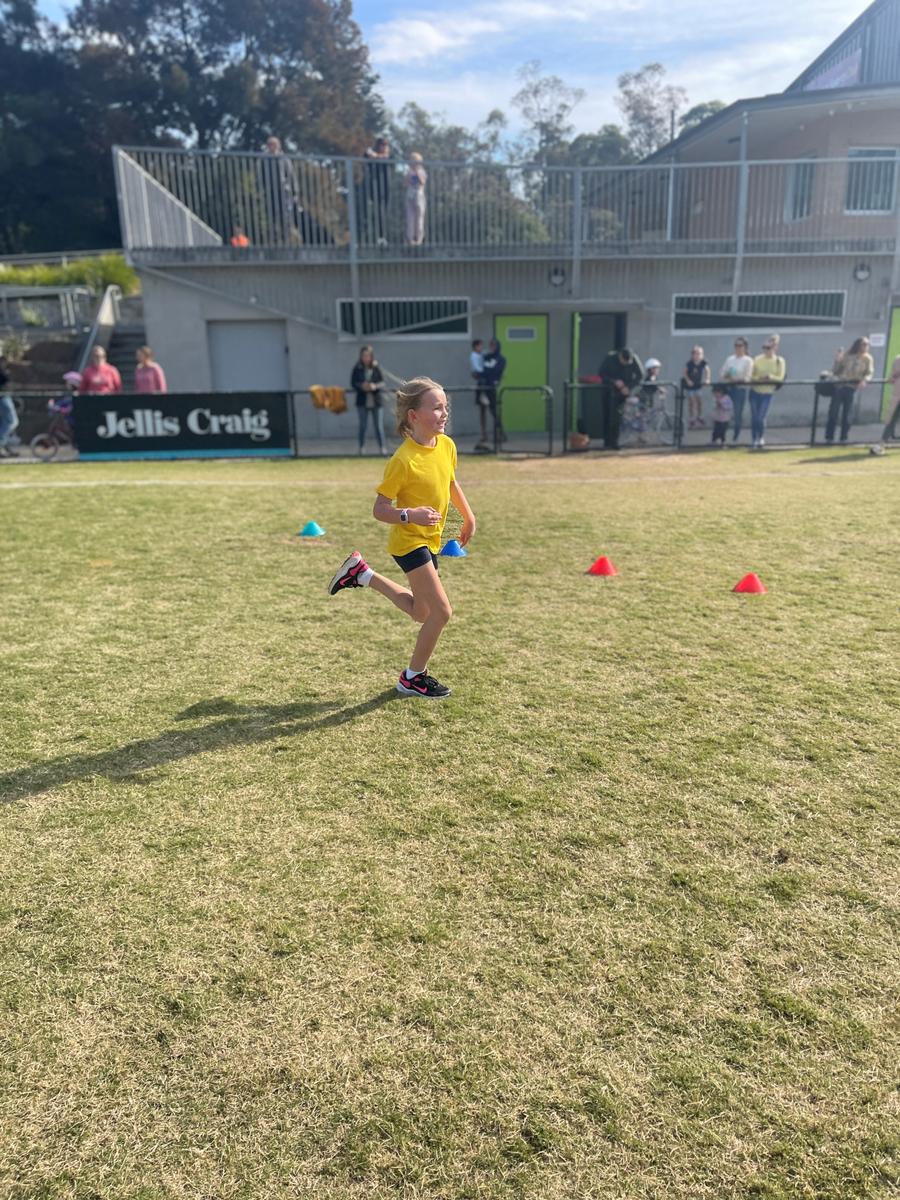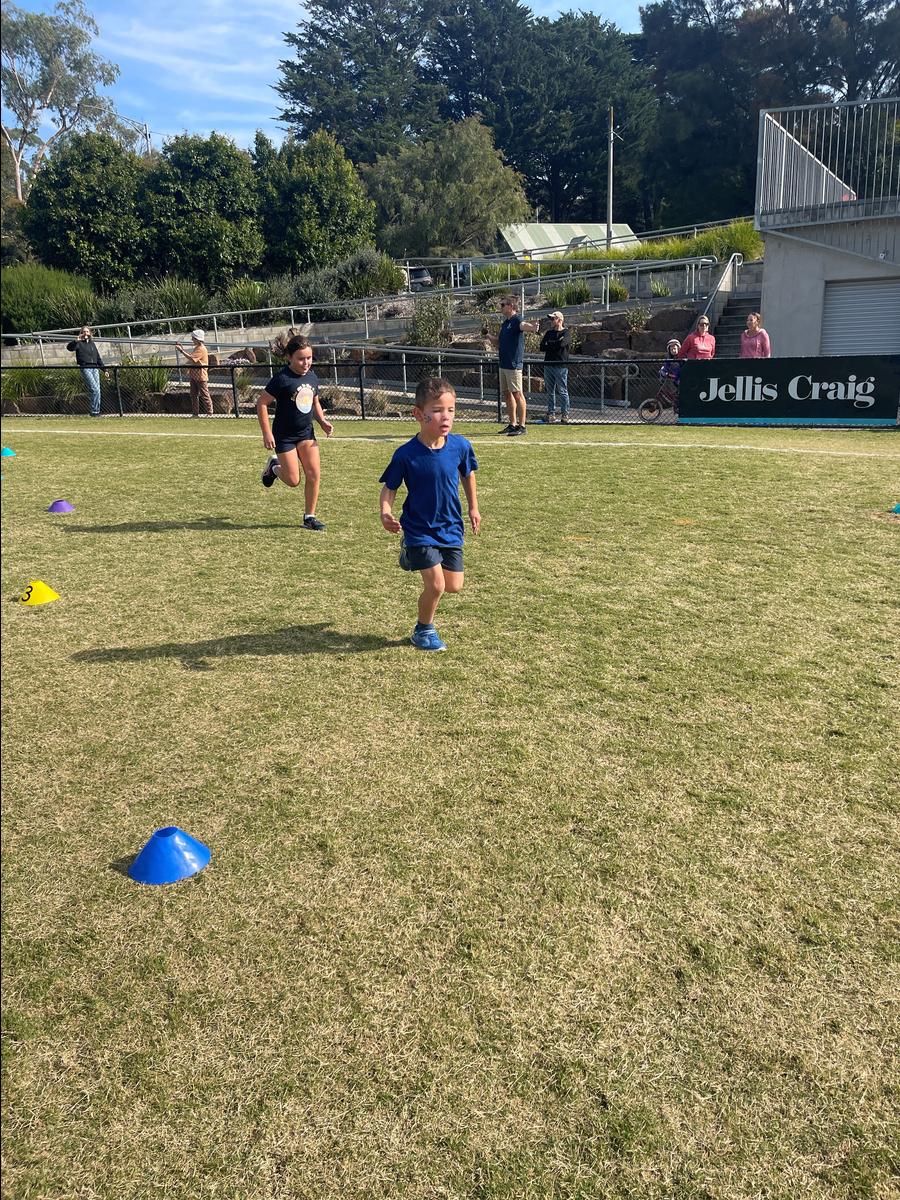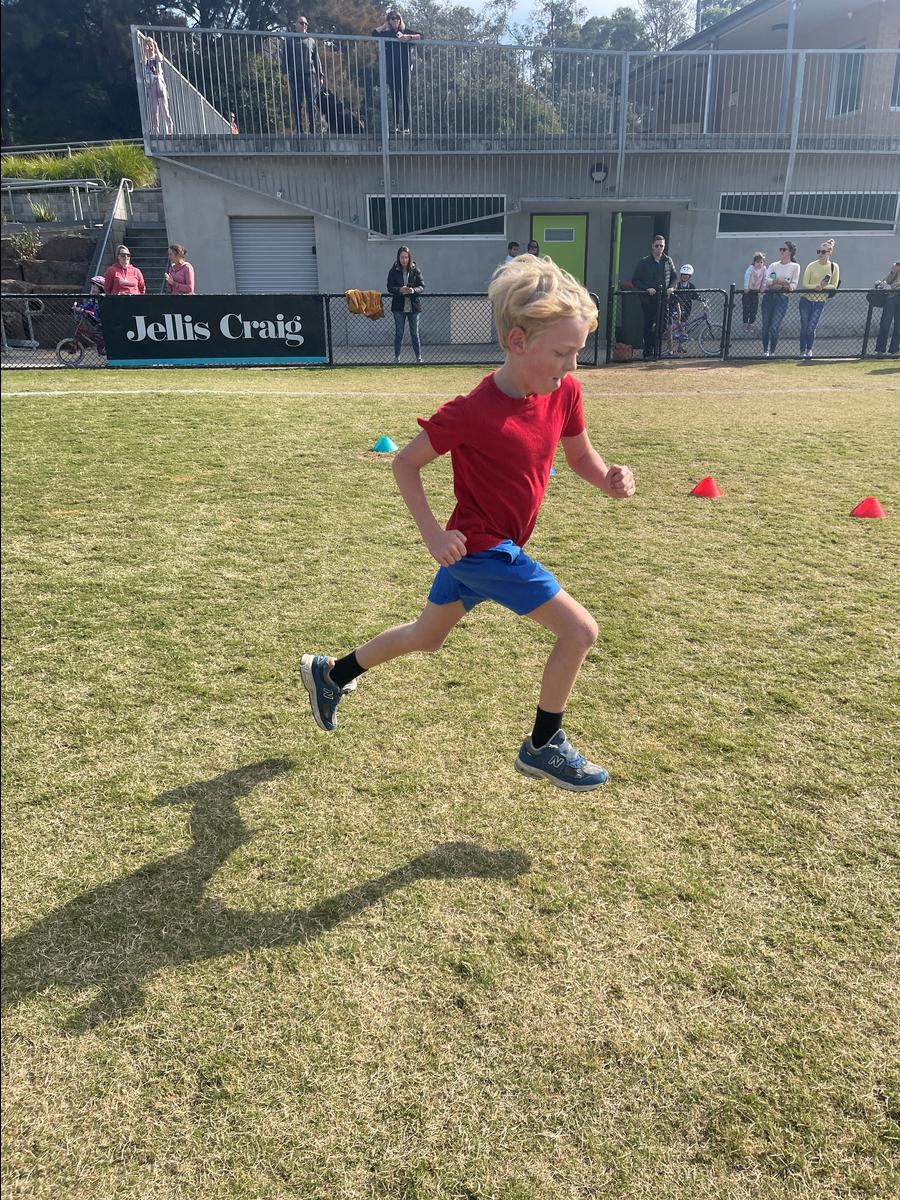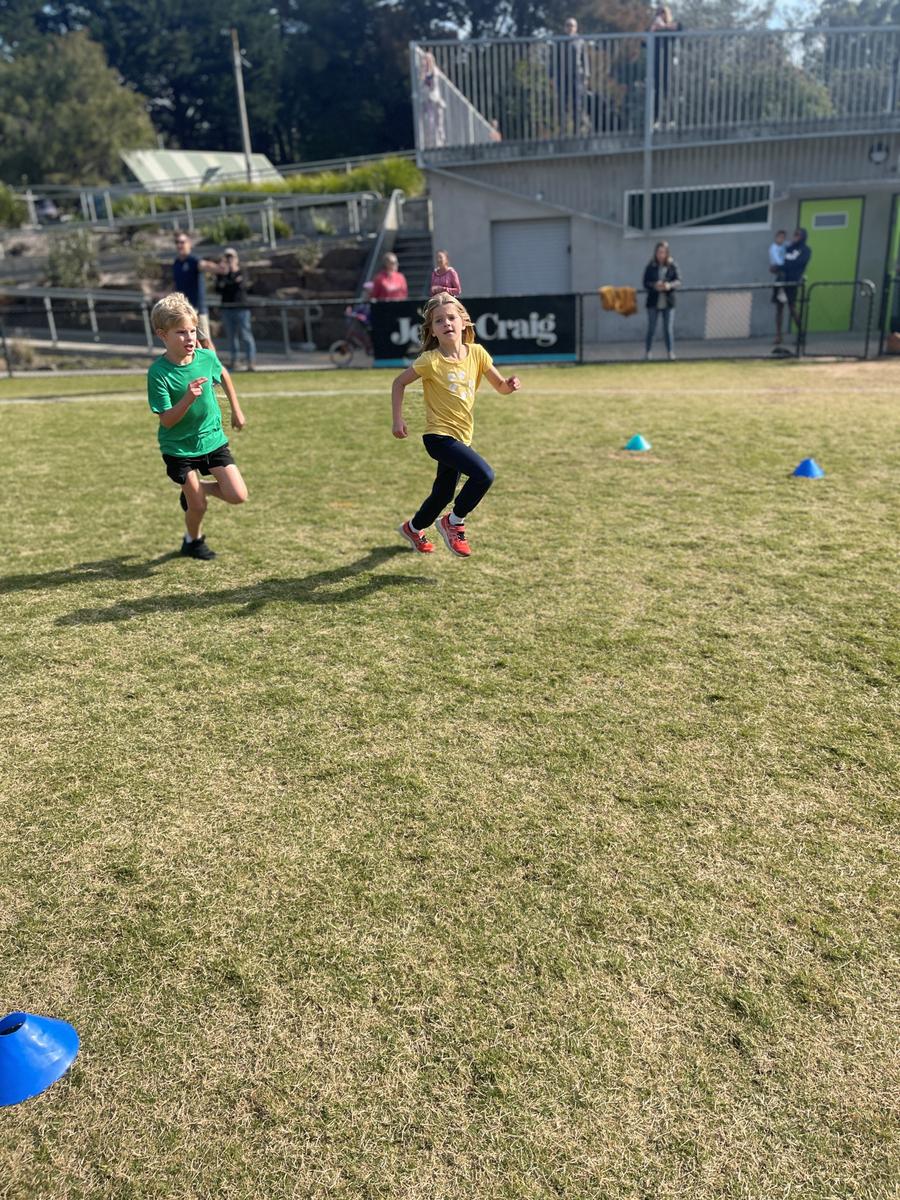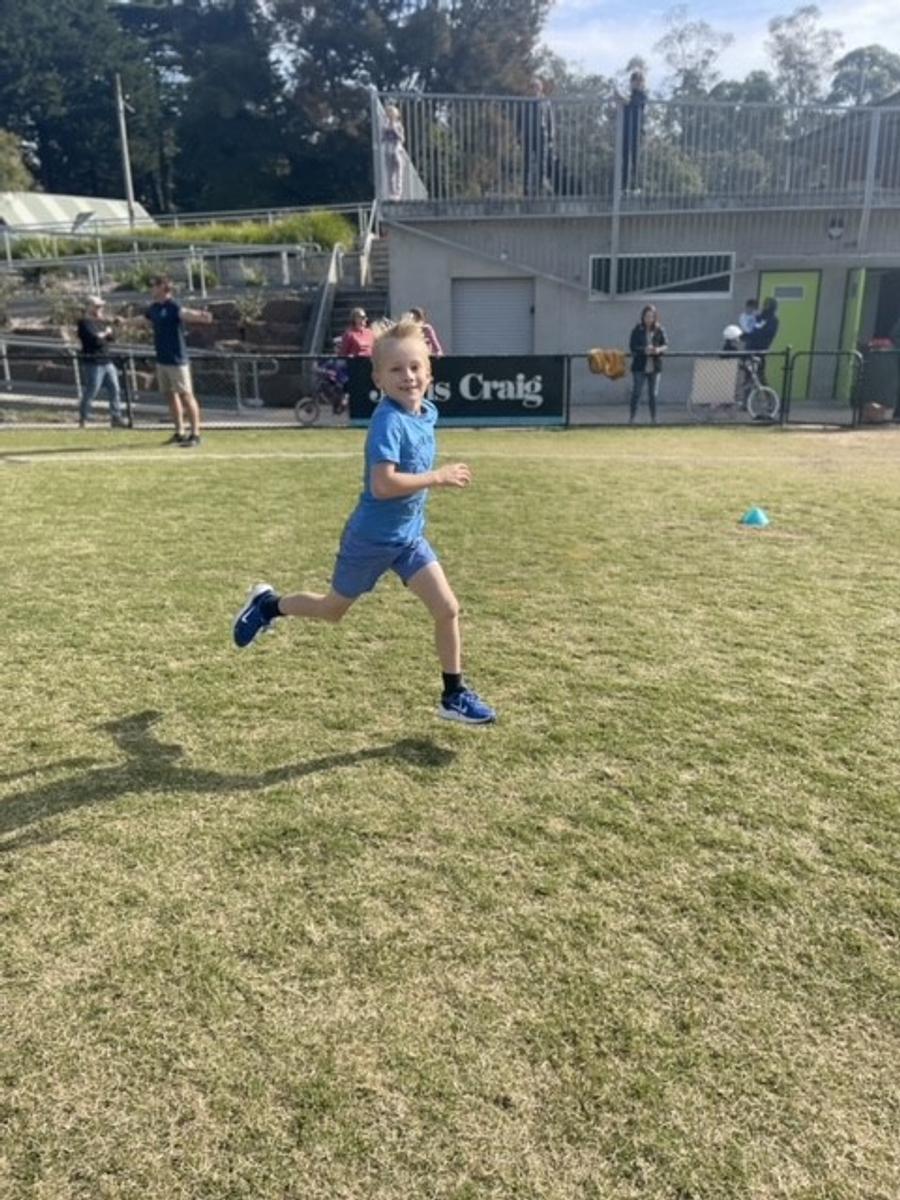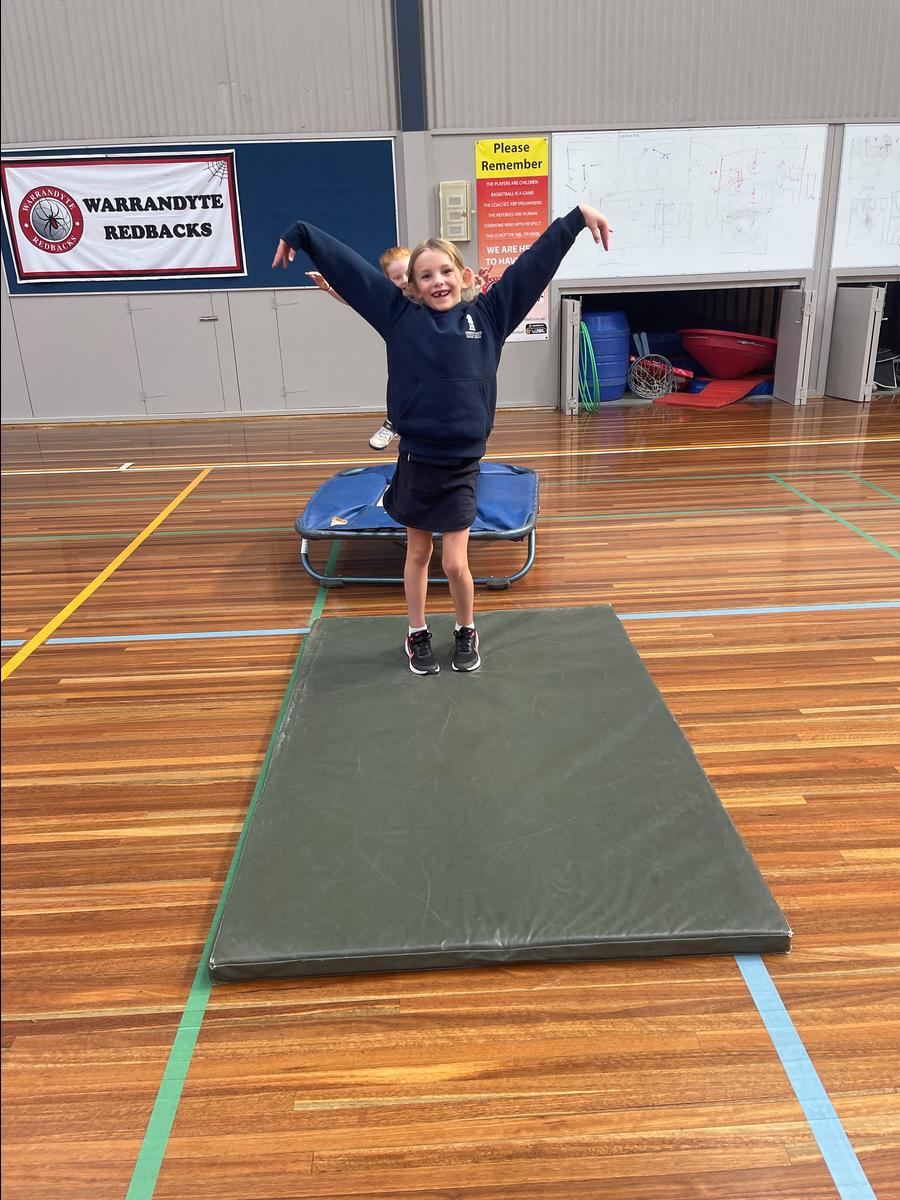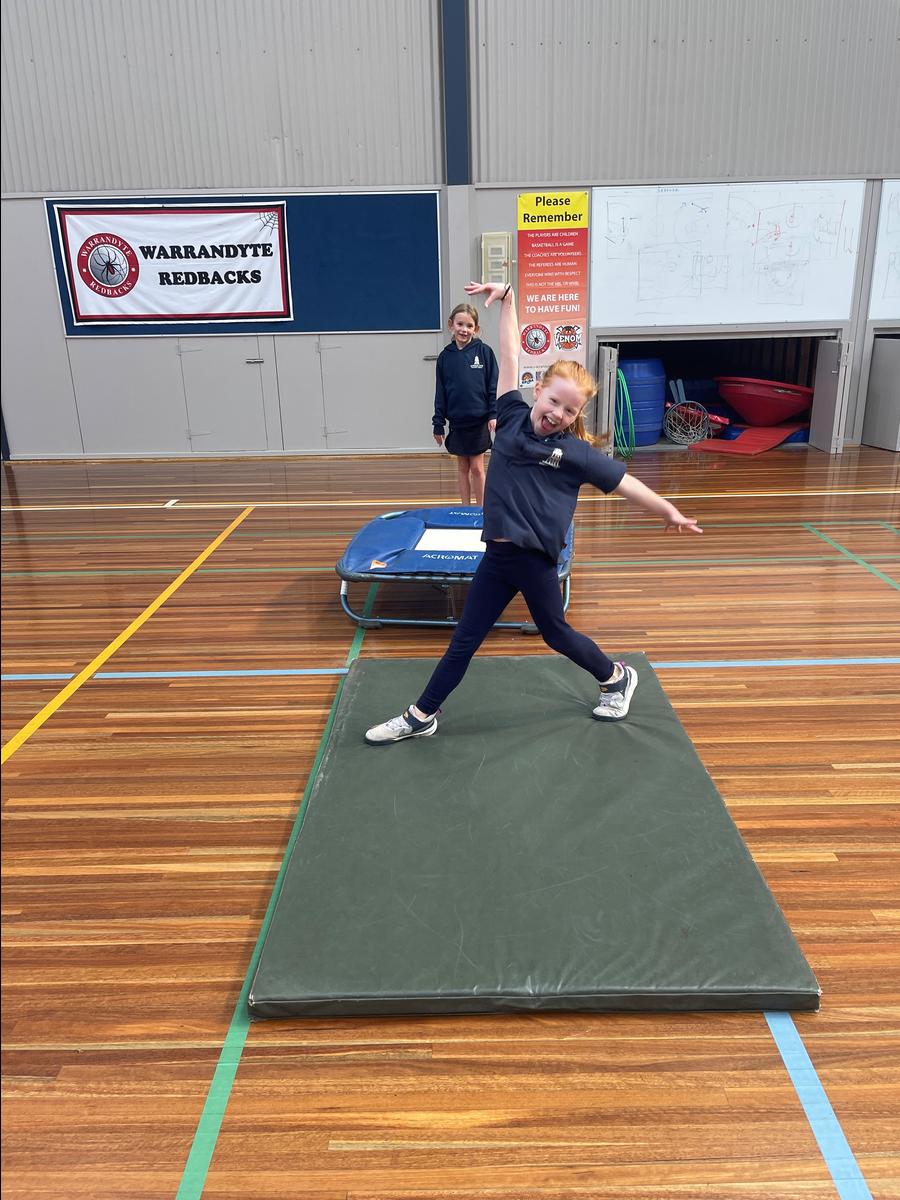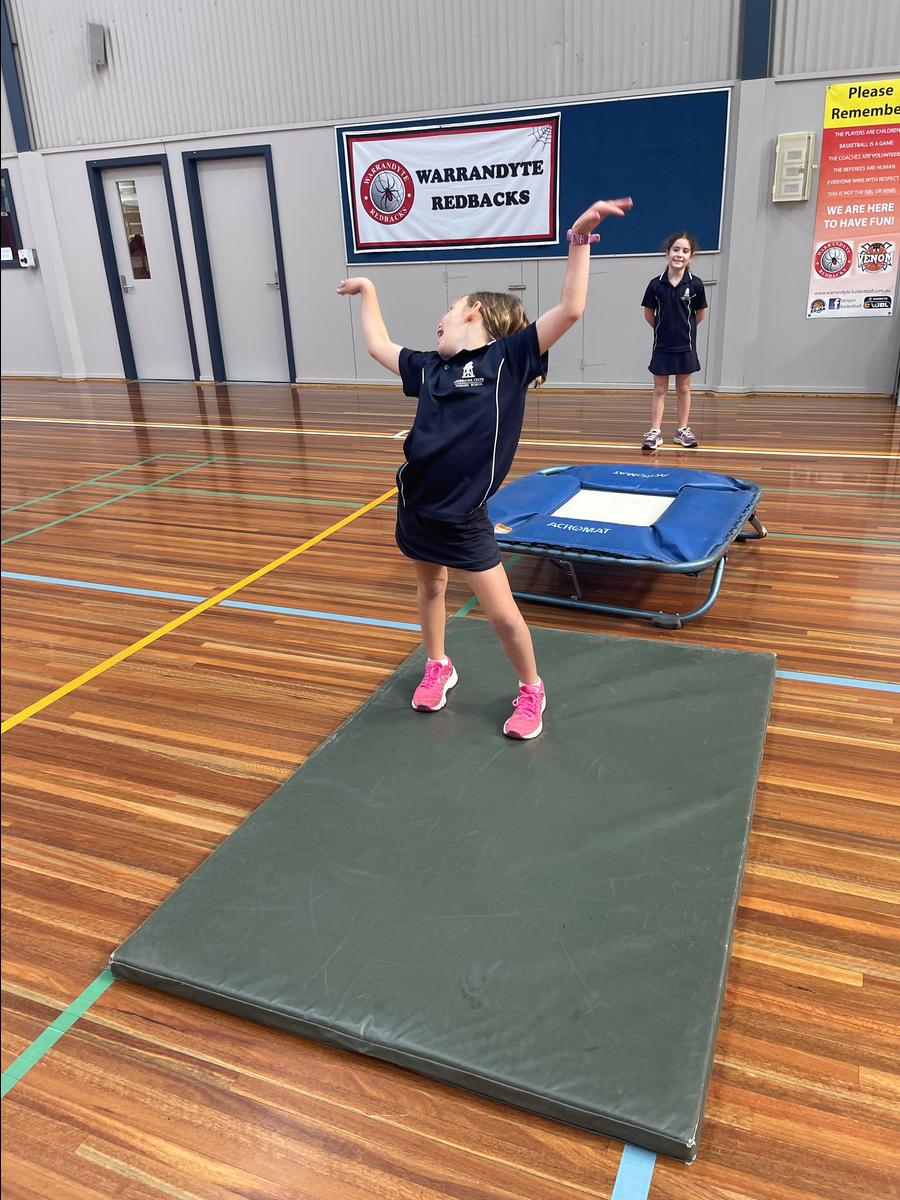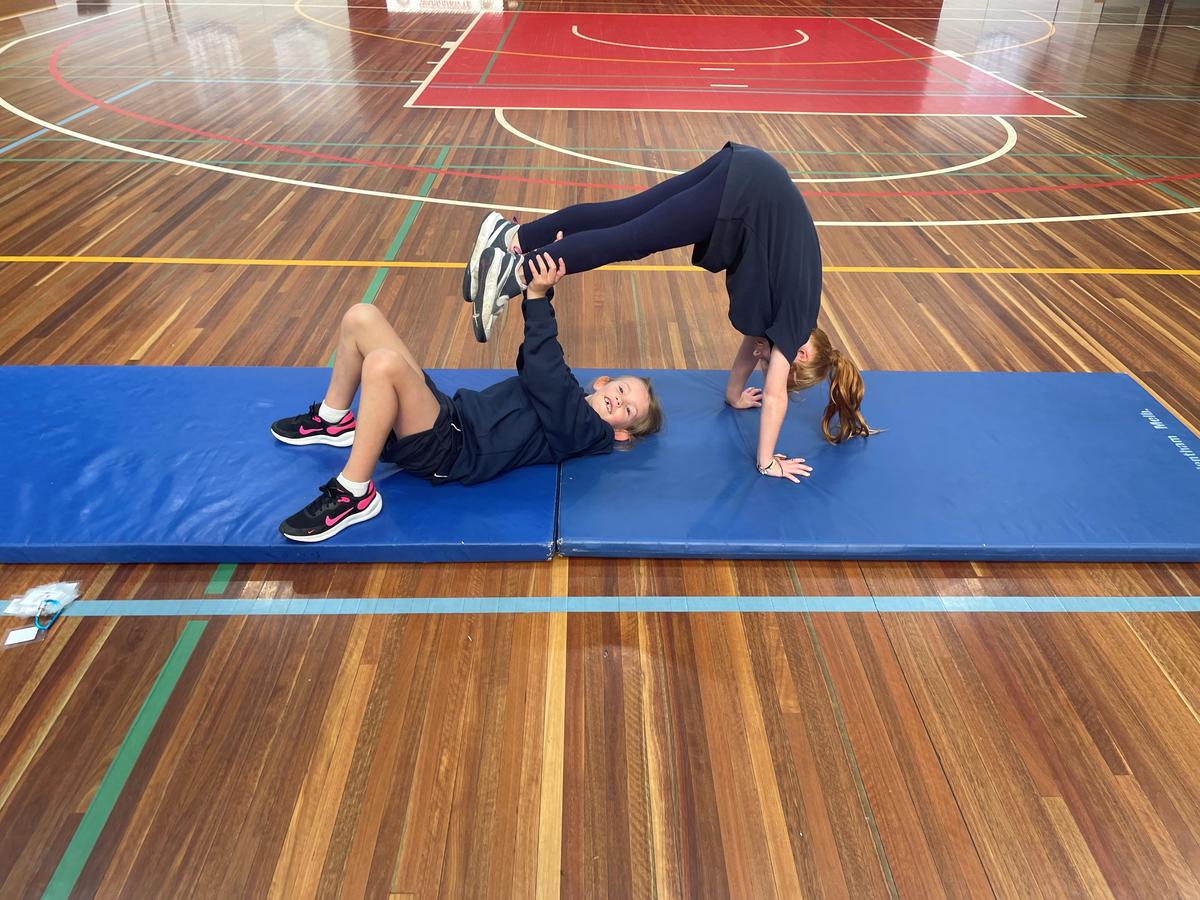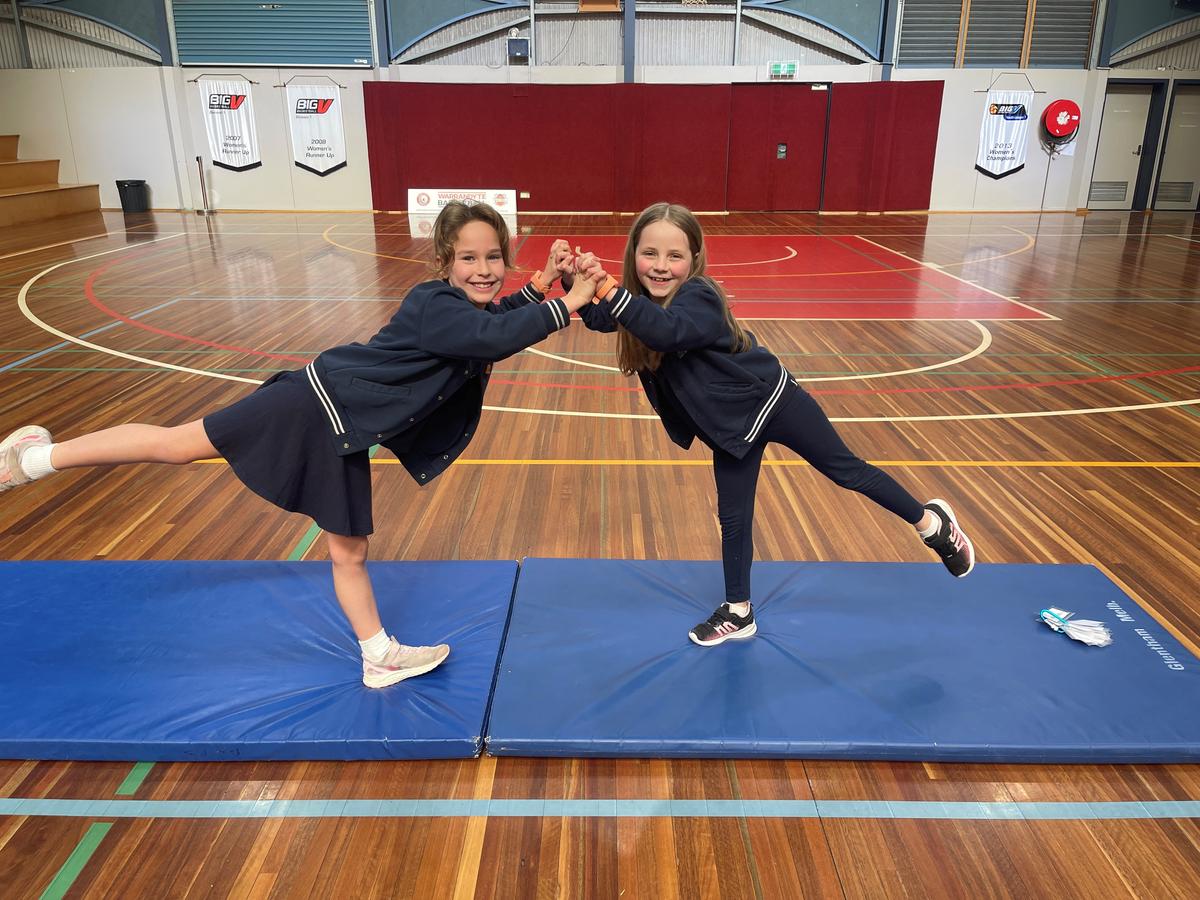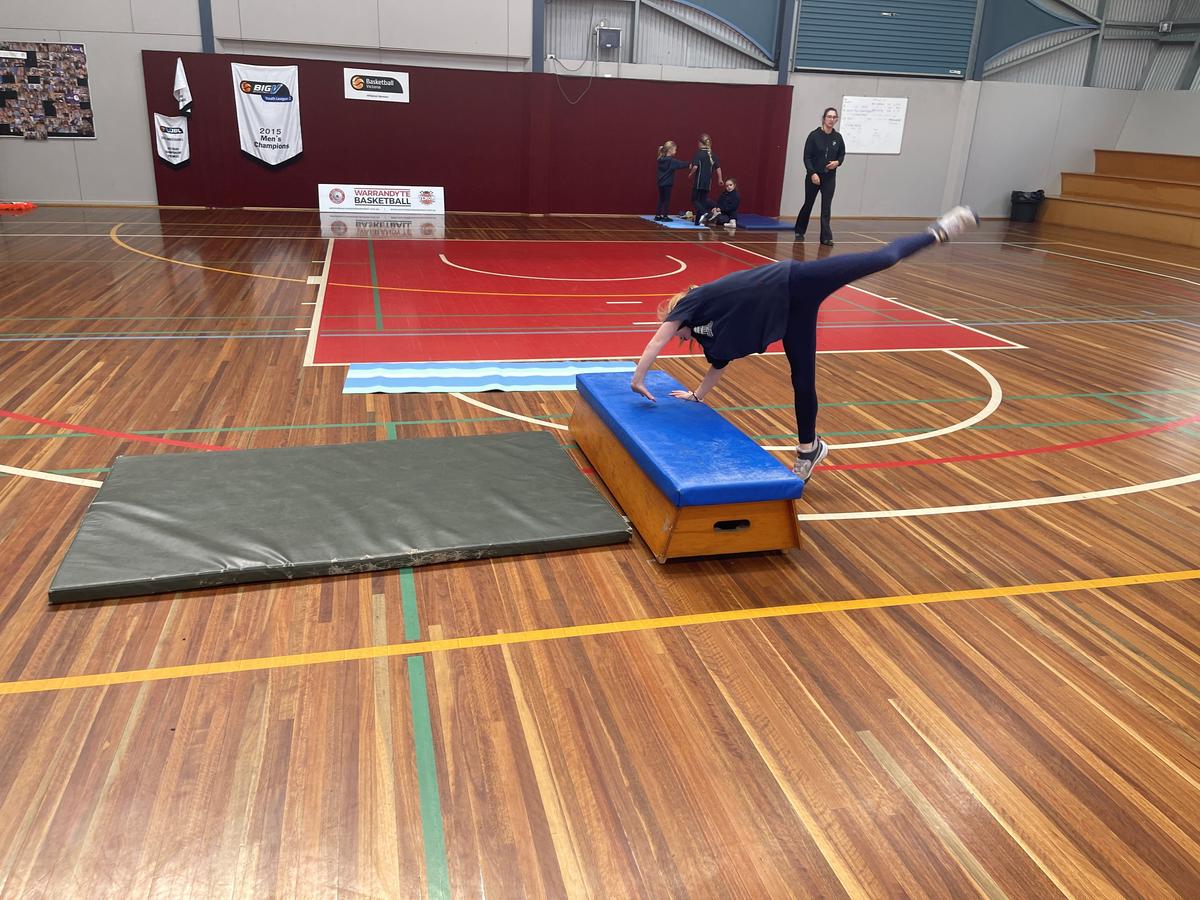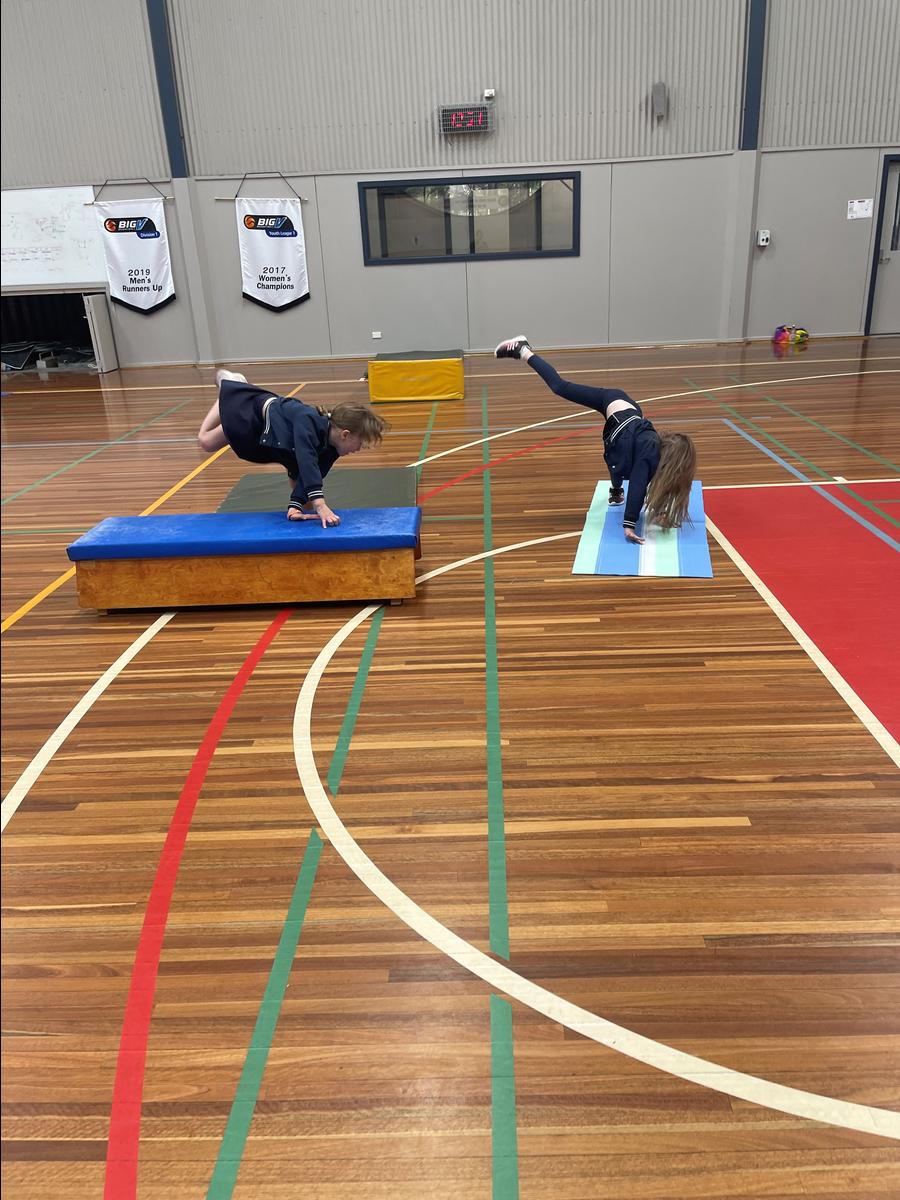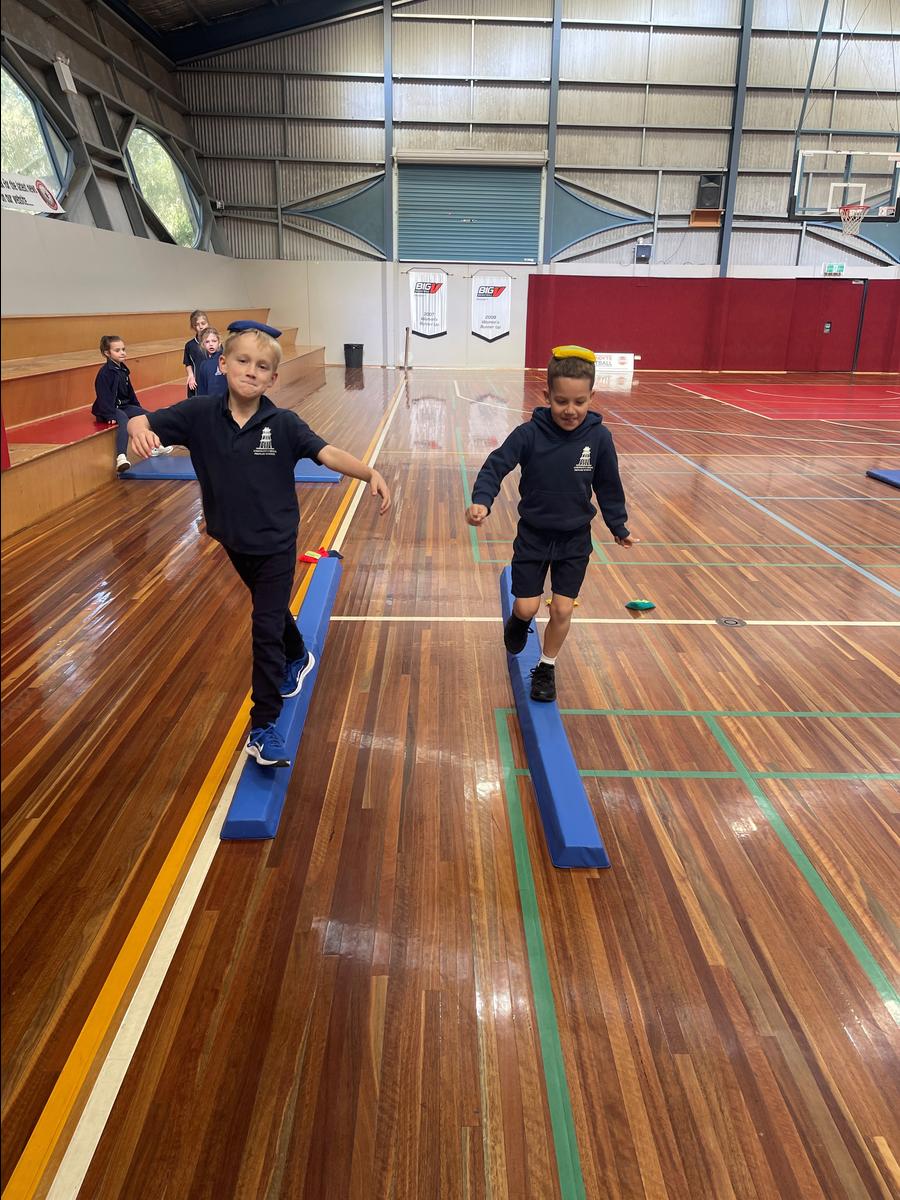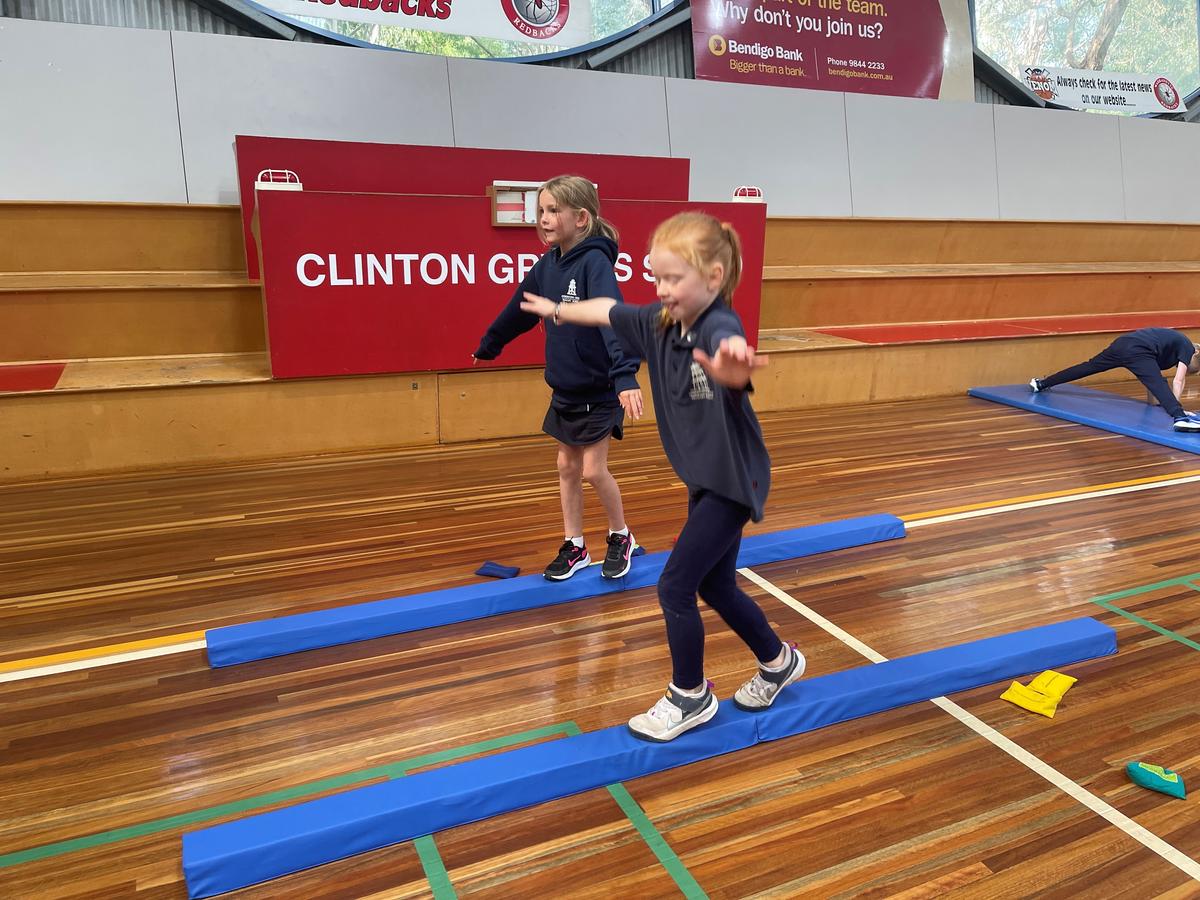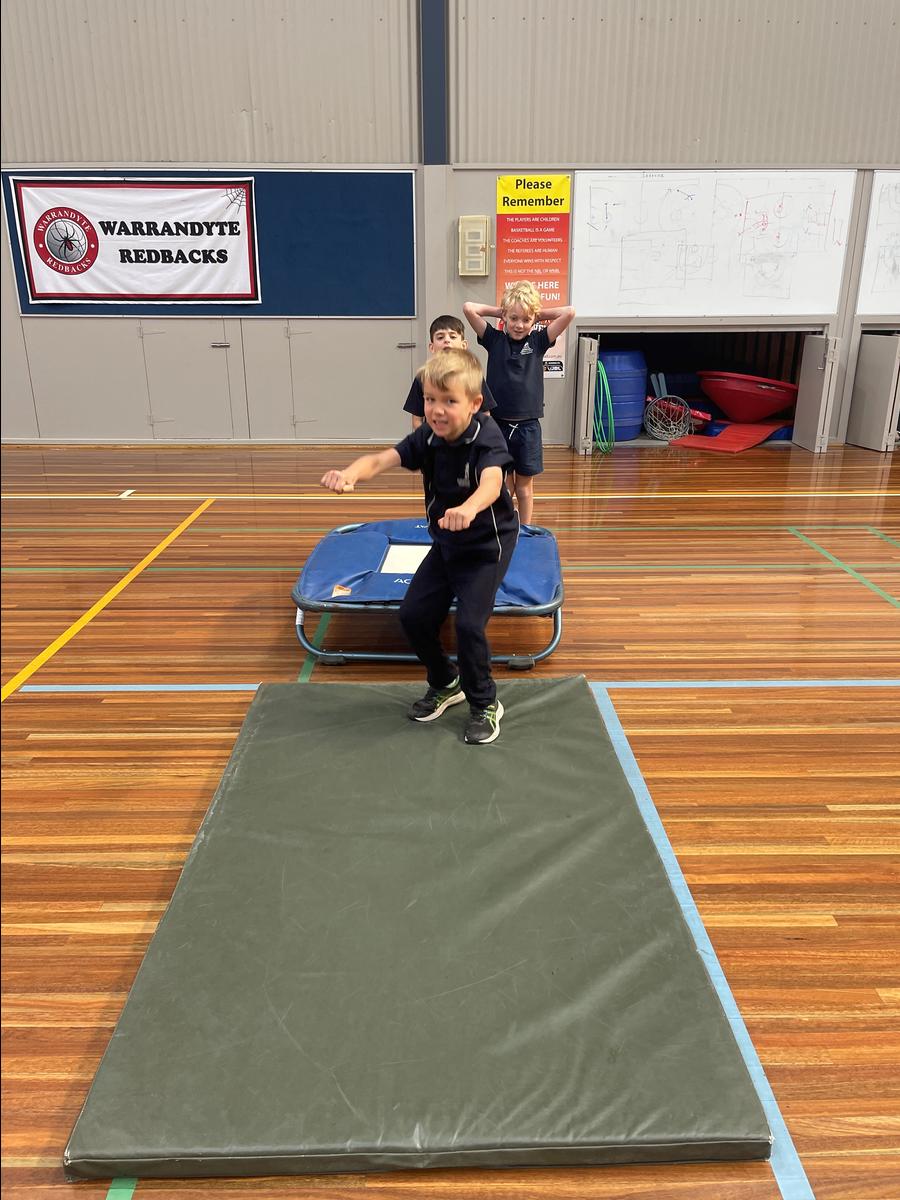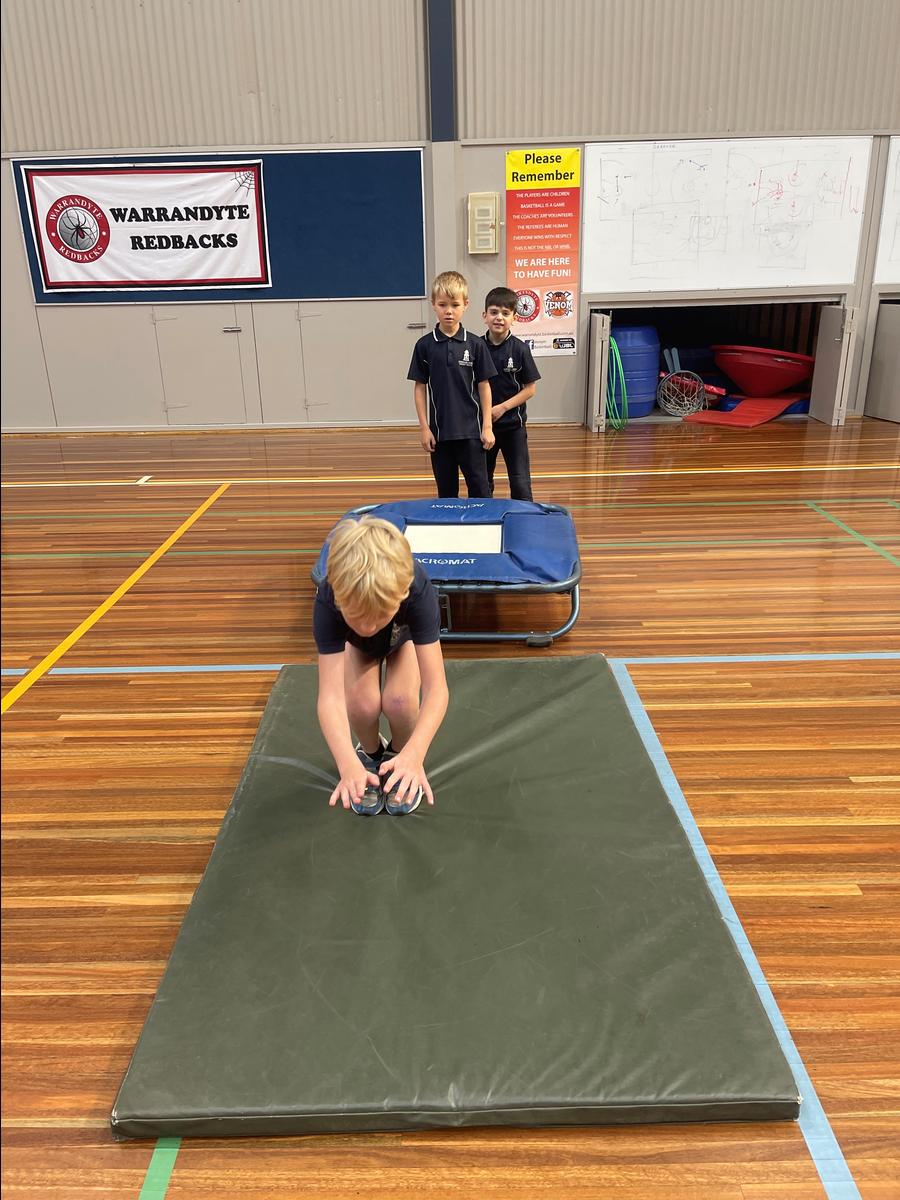Grade 1 and 2
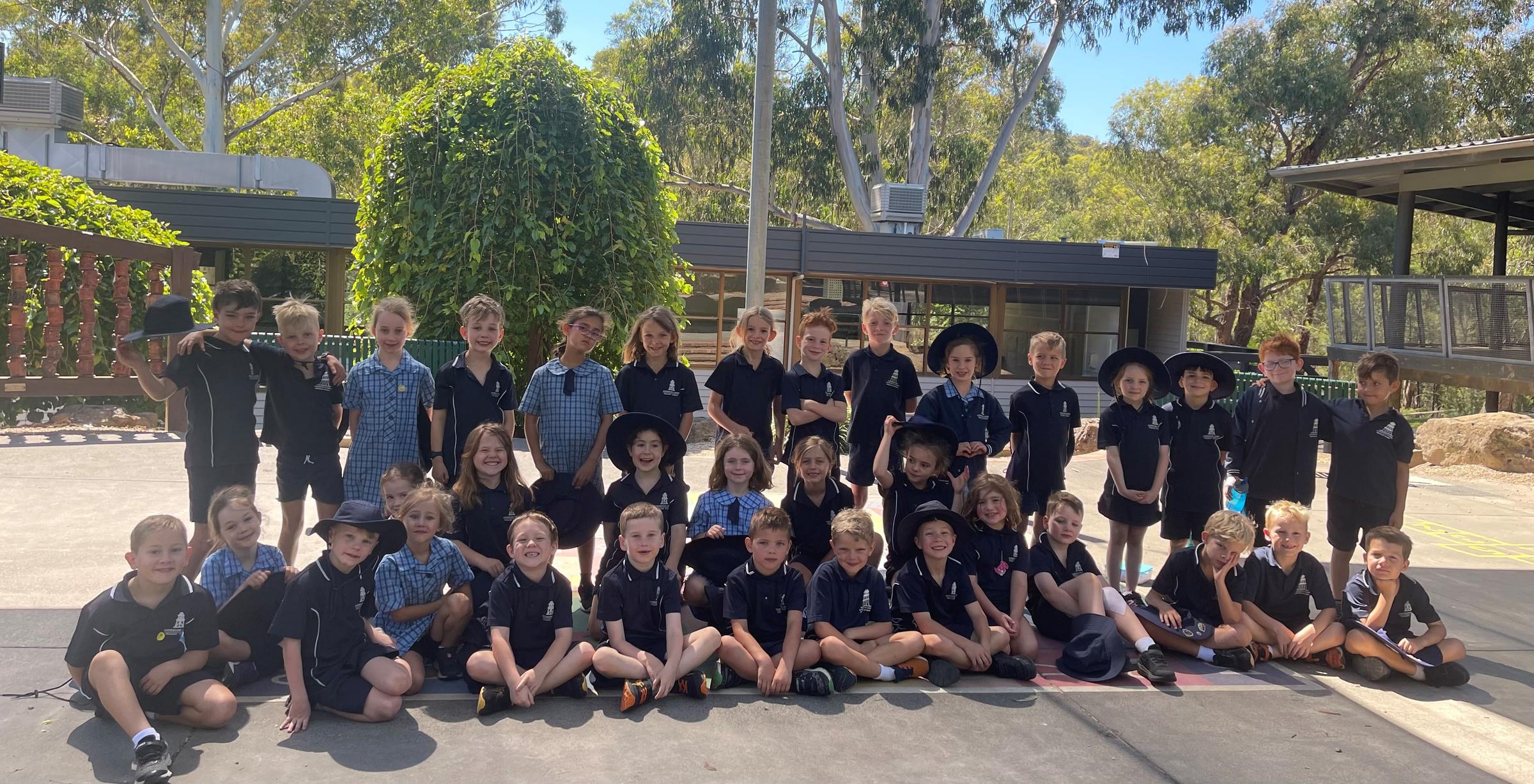
Literacy
Numeracy
What is addition? What is subtraction?
The students are showing a great understanding of addition and subtraction. They are using a range of methods that include: MAB, bridging to ten, counting on and back, doubles and near doubles, using tens frames, hundreds charts, jump strategy using a number line and the algorithm with no regrouping and regrouping.
Students in both Grade 1 and 2 are seeing the relationship between addition and subtraction, whilst they are opposite operations they do give the same facts in reverse of each other.
Cross Country and the Gymnastics Craze
The Grade 1 and 2 students had a wonderful session playing games and running their big cross country lap. The smiles were big and there was so much fun being had.
Gymnastics is the new craze around ACPS. In PE this week and next the students are doing gymnastics. They have loved the tumbling, cartwheels, handstands and striking the gymnast pose. There was something for everyone.
Home Reading Information
Supporting your child at home Reading to an adult at home is a great way for your child to practise what they have learned at school. By listening to your child read for just 5-10 minutes, four times a week, you will help your child become a happy and confident reader. Reading at home should be a successful and positive experience for your child. Why do we need to do reading at home? Children need a lot of practice to develop their reading skills to the point of fluency. Listening to your child read at home provides them with the opportunity to demonstrate how to apply their letter-sound knowledge to reading simple text. | |
What kind of readers will my child bring home and why? The readers that your child will bring home will mainly contain words that they can ‘sound out’. You will notice that the vocabulary in these books is very controlled. This is because at this early stage of the reading process, words need to follow regular sound-symbol patterns (e.g., dog, fan, sheep) so that children are given the opportunities to work out the words for themselves, with your support. Of course, some words are a little irregular or ‘tricky’ (e.g., are, said). These very useful ‘exception’ words cannot be sounded out in the usual way and should be previewed before reading the book or simply provided when encountered. Books can be read several times to build confidence and fluency.
| |
| Take time to introduce the book and preview any difficult words. When your child gets stuck on a word, encourage him/ her to have a go at sounding out the word. If necessary, demonstrate what this looks like first. Remember to praise with abundance when your child is successful at working out a word or when your child goes back to have another go. You should not encourage your child to ‘guess’ a word. Learning to read initially requires a lot of effort for many children and at this early stage patience is required! It is important to build up confidence and allow them to enjoy success. Restrict screen time and replace it with opportunities to develop oral language and practise the tricky words they have learned. The most important thing is to keep it light and playful but purposeful. HAPPY READING ! |
Happy Mother's Day
Happy Mother's Day to all our parents, grandparents and carers. We hope you have an amazing day on Sunday and enjoyed our Mother's Day Breakfast.
Ms Zanatta and Miss Buzzini
Shrek Jr Production Tickets Available via Trybooking

